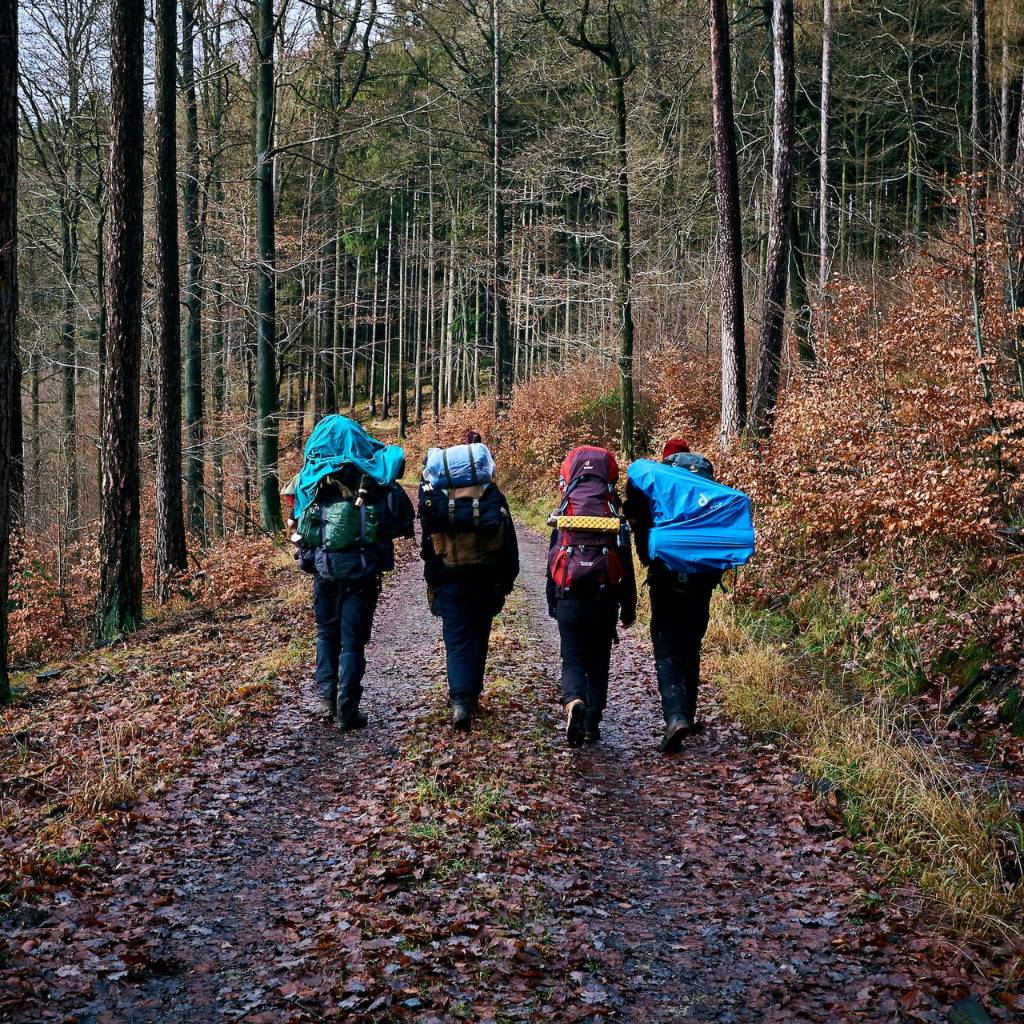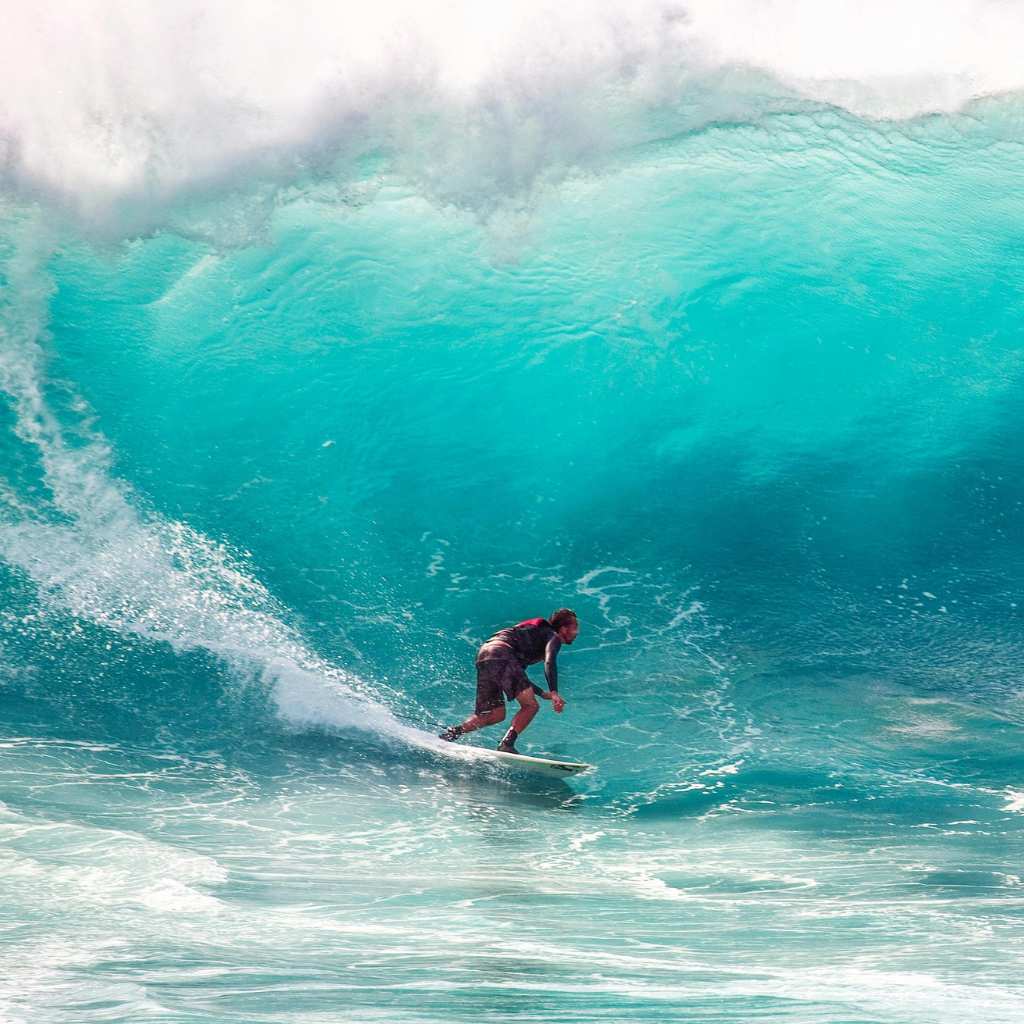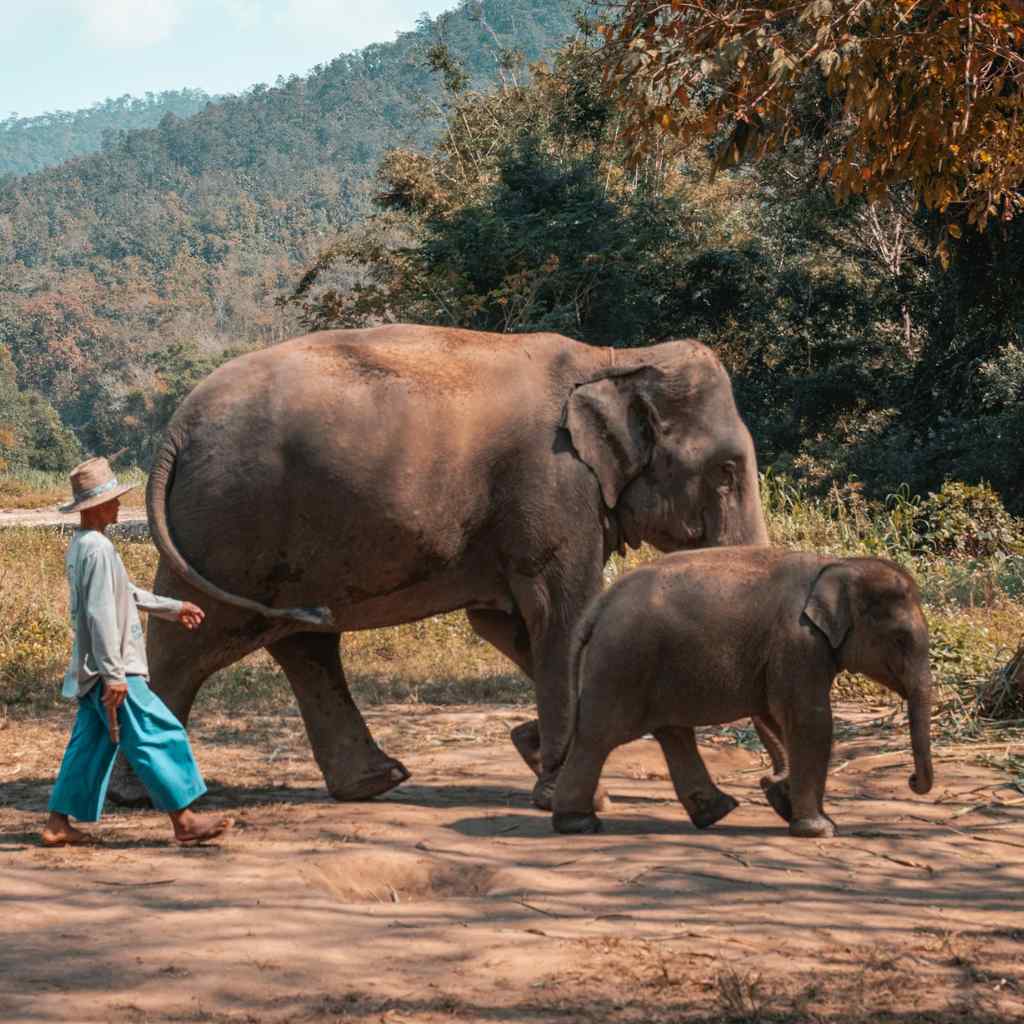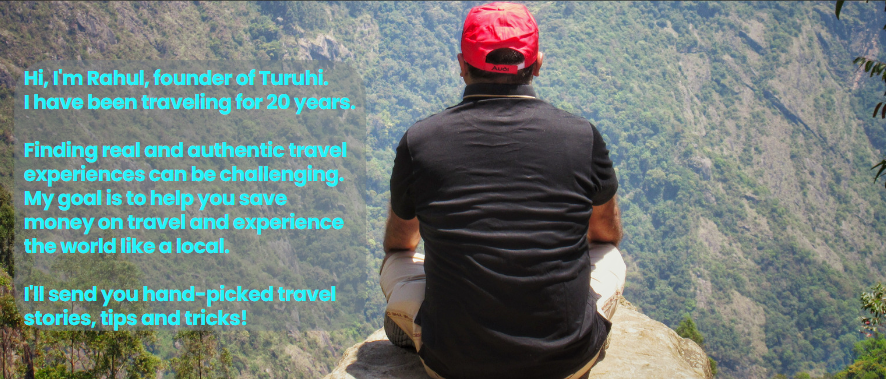As more travelers embrace the freedom of exploring the world with just a backpack, it’s essential to understand the art of packing light.
Traveling light not only saves you the hassle of lugging around heavy bags, but also allows for a more immersive experience.

Here’s a guide on how to travel light effectively on your next backpacking journey.
Preparing For The Great Outdoors
When you’re about to embark on an outdoor backpacking adventure, it’s crucial to pack wisely.
Carrying too much can burden you and spoil the experience, while packing too little can leave you unprepared for the elements.
Efficient preparation involves researching your destination, making a list of essentials, and packing compactly.
Compiling A List Of Outdoor Essentials
Before you start packing, it’s important to compile a list of outdoor essentials.
Research the terrain and weather of your destination to anticipate what you’ll need. Invest in a good-quality backpack that’s spacious, yet lightweight.
Your list should include lightweight clothing that can be layered, a compact sleeping bag, essential toiletries, and a first-aid kit. If you’re venturing into remote areas, consider adding a GPS device, compass, and a map.
It’s important not to overpack; be honest with yourself about what you’ll actually use.
Acquiring Lightweight Gear
Having the right gear is essential for an outdoor adventure.
Choose lightweight but sturdy hiking shoes – your feet will thank you. Opt for a light yet warm sleeping bag.
Collapsible water bottles can be a lifesaver. Instead of a bulky camera, use a smartphone with a good camera or a lightweight digital camera.
Look for compact, multipurpose tools and gear that won’t add unnecessary weight to your backpack.
Streamlining And Organizing Your Backpack
Efficient packing is a skill that can greatly enhance your backpacking experience.
Distribute weight evenly to make your backpack easier to carry. Use compression sacks to reduce the volume of bulky items like sleeping bags and clothes.
Keep items you’ll need to access frequently, such as water bottles and maps, in easily accessible pockets.
Regularly assess what you’ve packed, and remove items that are not essential.
Managing Food And Water
Food and water are vital components of any travel, and managing them efficiently can substantially lighten your load.
It’s important to plan your meals, know the sources of water available in your destination, and have lightweight cooking equipment.
Planning Your Meals
When it comes to food, opt for nutrient-dense items that don’t take up much space. Dehydrated meals are ideal as they are light and easy to cook.
Consider packing high-energy snacks like nuts and dried fruits. Calculate the amount of food you’ll need for the duration of your trip, and avoid carrying excess.
Remember to take into account the physical exertion and plan your meals accordingly.
Sourcing Water
Carrying too much water can significantly increase the weight of your backpack.
Research your route to identify safe water sources.
Bring a lightweight water filter or purification tablets to ensure the water you collect is safe to drink.
Carrying a collapsible water container can allow you to store water when nearing a stretch without sources.
Choosing Lightweight Cooking Equipment
Select a compact and lightweight stove.
There are many models designed specifically for backpacking that are efficient and light. Instead of packing full-sized utensils, bring a spork, which combines a spoon and fork.
Use a single pot or mug for both cooking and eating to reduce the number of items you need to carry.
Staying Connected And Safe
While embracing the wilderness, it’s also important to stay connected and safe.
Ensuring you have means of communication, keeping your documents secure, and knowing basic first-aid can be lifesavers in emergency situations.
Communication Devices And Power
Carry a reliable communication device, such as a mobile phone. Since you’ll be outdoors, it’s wise to invest in portable solar chargers.
There are lightweight options available that can be attached to your backpack. Having a backup battery pack is also recommended.
It might be wise to carry a whistle as it is lightweight and can be effective for signaling in case of an emergency.
Document Safety
Keep your documents like identification, insurance, and permits secure and easily accessible.
Consider carrying digital copies on your phone and also having physical copies stored in a waterproof pouch.
This will ensure that even if one set is lost or damaged, you’ll have a backup.
Basic First-Aid And Emergency Knowledge
Knowing basic first-aid can be invaluable in an emergency.
Carry a compact first-aid kit with essentials like band-aids, antiseptics, pain relievers, and any prescription medication you may need.
Before your trip, familiarize yourself with basic first-aid procedures. Additionally, know the emergency contact numbers of the area you’re visiting.
Key Takeaway
The art of traveling light for a backpacking journey hinges on the delicate balance of preparation, pragmatism, and adaptability. Foremost, ensuring you are equipped for the great outdoors is paramount. By judiciously compiling a list of essentials tailored to your destination, opting for lightweight gear, and adeptly organizing your backpack, you set the foundation for an unburdened and immersive experience.
Moreover, intelligent management of food and water is pivotal. Incorporating dehydrated meals, high-energy snacks, and lightweight cooking equipment can significantly reduce the load. Additionally, the knowledge of sourcing and purifying water en route minimizes the need to carry excessive water, which can be notably cumbersome.
Lastly, as you become one with nature, the necessity of staying connected and safe cannot be overstated. Reliable communication devices, coupled with sustainable charging solutions like solar chargers, ensure you remain connected. Simultaneously, safeguarding your documents and equipping yourself with basic first-aid knowledge and supplies provide an added security layer.
In essence, the harmony of these elements contributes to a more streamlined, fulfilling, and safe backpacking adventure. Traveling light is not merely a packing strategy but a philosophy that, when embraced, enriches the essence of your journey and leaves you unencumbered to fully engage with the wonders that surround you.





Add a Comment